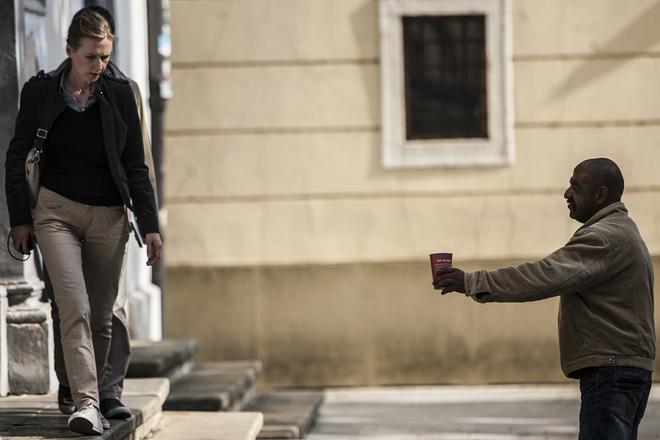Slovaks mostly fear the future when considering threats like terrorism, deepening social gaps as well as the stagnation and decline of the Slovak education system. This stems from the representative poll of the Institute for Public Affairs (IVO), the TASR newswire reported.
“A total of 73 percent of respondents feel worried about terrorism, while deepening social differences are feared by 71 percent, and the stagnation and decline of education as a serious problem for the future are perceived as a threat by 65 percent of those who answered our poll,” Zora Bútorová of IVO informed.
The research also showed that 56 percent of respondents considered the potential victory of Marian Kotleba in the regional elections as a threat, she added, referring to the results of the poll conducted between-September 11 and 18, 2017 by the Focus agency on 1,005 respondents.
Apart from “domestic” threats, Slovaks fear developments abroad.
“In the poll, 52 percent of those polled feared the possible weakening of the European Union (EU), while 47 percent of them saw a risk in the continuing conflict between Russia and Ukraine, and 41 percent in the disinformation campaign led by Russia against the West,” Bútorová added, as quoted by TASR.
Political sympathies divided
In the poll, no considerable differences in answers were indicated concerning the gender, age, education or residence of the respondents.
“These opinions are evenly spread throughout the entire spectrum of polled people,” Bútorová said, as quoted by TASR.

Mostly different levels of fear from the possible weakening of the EU divided respondents due to sympathies towards political parties, or the view on the potential victory of Kotleba in the regional elections that took place on November 4.
“For example, the EU’s weakening was perceived as a threat for Slovakia by most SaS, OĽaNO, SNS, Most-Híd and Sme Rodina supporters, but only half of Smer and KDH supporters,” Bútorová said, as quoted by TASR. “The lowest level of apprehension from such a development was among the voters of the strictly anti-EU ĽSNS party.”
Kotleba also haunted his own fans
The possible continuation of Marian Kotleba at the helm of Banská Bystrica Region was evaluated as a threat for the successful development of society by most voters across the political spectrum.
“From the most critical Most-Híd party, to the least critical voters of Sme Rodina,” the social analyst specified, as quoted by TASR. “Paradoxically, even among ĽSNS supporters there were 11 percent who did not consider such a scenario beneficial for Slovakia.”



 Illustrative stock photo (source: Sme)
Illustrative stock photo (source: Sme)